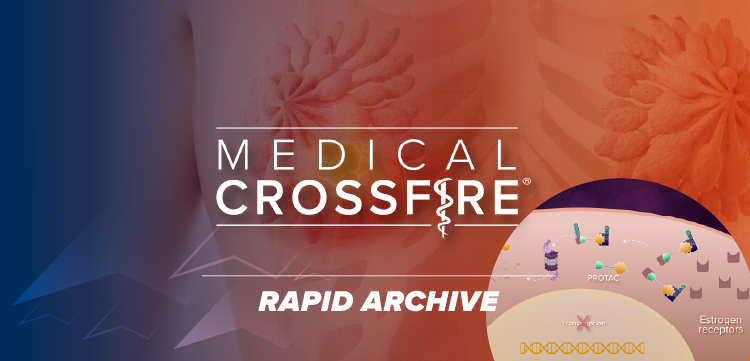
Additional Insights: Management of Toxicities in AR Therapy
EXPERT PERSPECTIVE VIRTUAL TUMOR BOARD
Leanne Schimke, CRNP, CUNP:Managing the toxicities and adverse effects of these medications is critical for our patients. Overall, they’re very well tolerated, which is a good thing because our men are usually feeling really good, can’t believe they have this terrible prostate cancer, and then we give them medication and if it makes them feel bad, their quality of life goes down.
So I manage them by monitoring them for adverse effects and asking them every time I see them, “What kind of adverse effects are you having? Are you having any fatigue? Are you able to do what you want to do? Are you as active as you used to be? Is there anything that is different that I can do for you?”
I also assess, every time I see them, their falls. Are they having a lot of falls? What is causing the falls? Is it because they’re getting dizzy and falling? Are they passing out? Is it that their dog flies in front of them and they just trip?
They can fall normally, like all of us can, but assessing them for all of their possible adverse effects is important. Men tend to downplay adverse effects, except fatigue and hot flashes, which they will definitely tell you about. But a lot of times, it may be their caregiver who’s with them who is telling you they’re having pain. Because when you ask a man if they’re having pain, they will say, “No.” Their caregiver will say, “Well, yes you are. You were in pain yesterday.” And they will say, “Well, that was yesterday. She asked me about now.”
So I really try to establish relationships with my patients so I know what they’re normally like. I can usually tell what’s going on. They come in and I say, “So, how are today?” And they’ll go, “I’m OK.” And I’ll go, “OK, what’s going on?” This is something new. Or, are they bouncing in and saying, “Hi Leanne, how are you? I’m doing great.” And so, those are the kinds of things, and I think just getting to know your patient, and asking the questions you need to ask. And then, when they do have adverse effects, treat the adverse effects. Help them with the adverse effects. Help them deal with the adverse effects, so their quality of life is as good as possible for as long as possible.
Transcript edited for clarity.











































